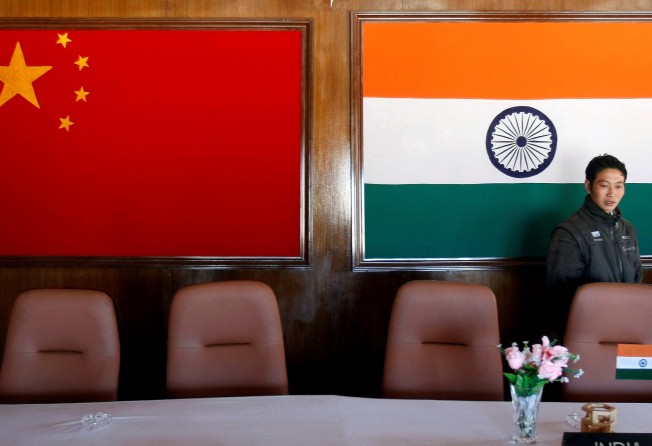Summit chance welcome after border forces pull back
BRICS talks will give Chinese and Indian leaders opportunity to engage in the name of conflict management and resolution

The two-month military stand-off between China and India on the Tibetan plateau bordering Bhutan has ended as suddenly as it began. Troops have pulled back and the status quo has been restored with both sides claiming victory. The prospect of war had been raised, but with so much to lose economically and politically, armed conflict was never likely. Low-key negotiations that calmed tensions are a welcome sign that Beijing and New Delhi appreciate the risks and understand the importance of peacefully resolving disputes.
Chinese and Indian soldiers had faced off across a road the People’s Liberation Army had been extending in an area disputed by China and Bhutan and near the border of the Indian state of Sikkim. To Beijing, the Indian soldiers were trespassing; while the two nations still have contested territory along parts of their 3,500km boundary hanging over from their 1962 war, the Donglang region, known as Doklam by New Delhi, is not involved. New Delhi is Bhutan’s closest ally and the area is strategically sensitive, being close to a narrow strip of land that connects India to its northeast states. Throughout the stand-off, the governments accused each other of treaty violations and at times reminded one another of their military preparedness.
Details of the agreement remain sketchy and the deal has been presented differently by both governments. Indian troops have crossed back to Sikkim and Beijing has announced the resumption of PLA patrols. Construction work on the road would also seem to have halted. It is a timely move. China and India are, along with Brazil, Russia and South Africa, members of the BRICS group of developing nations, which holds its annual summit in Xiamen this weekend. The gathering would have achieved little, and perhaps the organisation’s future would have been threatened, had the dispute still raged. The row also created political uncertainty for China ahead of this autumn’s 19th Communist Party congress.
But such conflicts also disrupt trade and investment, the lifeblood of the relationship between Asia’s two biggest powers. Bilateral trade last year amounted to US$70.8 billion, although the Indian deficit with China was a troubling US$46.6 billion. At least 500 Chinese companies have invested more than US$2 billion in India, mostly in the technology and infrastructure sectors. A peaceful environment is necessary for economic cooperation and to expand interests.
Border disputes should not be seen as a way to score points. The BRICS summit offers a chance for President Xi Jinping and Prime Minister Narendra Modi to engage. With mistrust so strong, there is every need to push resolutely forward with dialogue on conflict management and resolution.